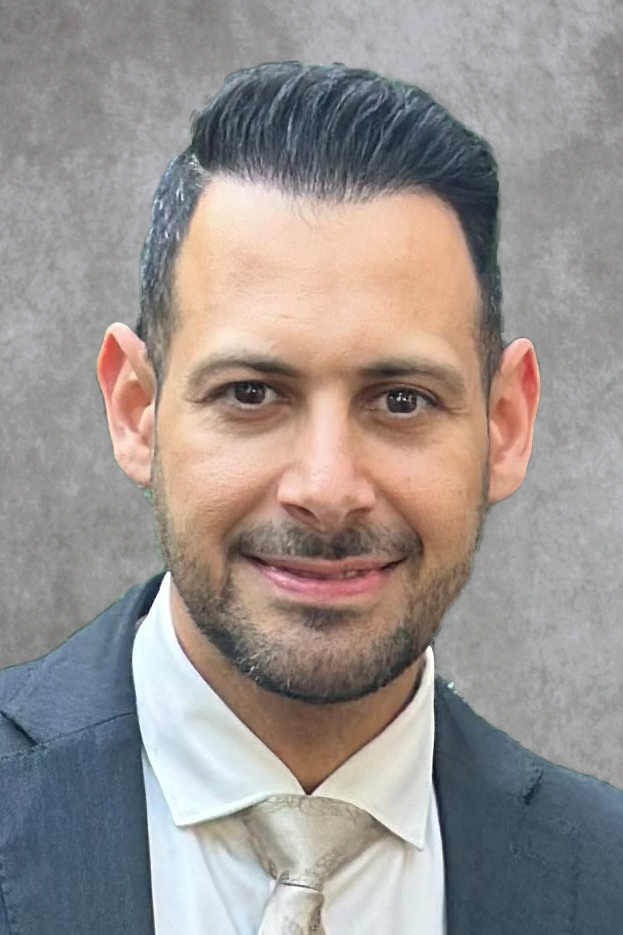Gastroenterology Fellowship Training Program
Message from the Program Director

Ahmed Al-Khazraji, MD
Program Director
The Rutgers New Jersey Medical School Gastroenterology Fellowship is an ACGME-accredited program designed to produce well-rounded, successful gastroenterologists. Over three years, fellows encounter a diverse array of luminal cases at our large university referral center, along with specialized cases from the state's largest liver transplant center. Our faculty are dedicated to educating fellows in the art of consultative medicine, evidence-based endoscopy, and interdisciplinary teamwork. We aim to graduate fellows who can excel as respected experts in the community or in academic and teaching roles.
A key strength of our program is the utilization of clinical, laboratory, and research resources from three distinct institutions: University Hospital (Rutgers Health NJMS), East Orange Veteran's Administration Hospital and Trinitas Regional Medical Center. This allows fellows to treat a wide range of patients from diverse backgrounds, honing both their technical and clinical skills.
Research and scholarly activity are integral to the fellowship. Fellows are allotted five to six months of dedicated research and elective time to develop and implement projects aimed at publication in peer-reviewed journals and presentation at national conferences. These projects may include basic research as well as prospective clinical trials. Mentorship is provided to support fellows in these endeavors.
Our faculty, nurses, and staff take great pride in training our fellows, and we have a long history of producing gastroenterologists who exhibit technical and clinical excellence, reflecting the reputation of our institution.

